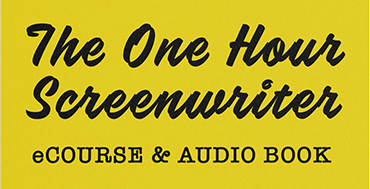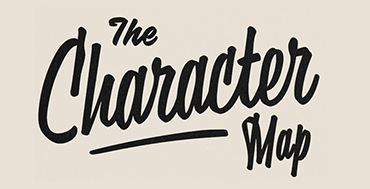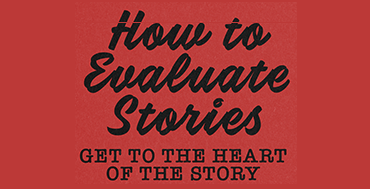Heart vs Merchandising


There was an old joke that has all the Studios bringing an Anti-Trust lawsuit against Pixar for Unfair Competition— because all Pixar’s movies are great! Sadly, that hasn’t been true for some time now. Since being bought by Disney, Pixar seems to be in the make it “just good enough” sequel and merchandising business.
I’ve just caught up with Incredibles 2 in my obsessive pandemic viewing schedule. The film is a disappointment. Does it have rock ’em sock ’em action, great chase scenes, and wonderful animation? Absolutely. But there’s no heart, no soul, which comes from a unified emotional theme. The film is “just good enough” to sell theme park tickets, lunch boxes, backpacks, pyjama sets, and action figures.
Let’s take a look at the original Incredibles. The film had a big central question filled with lots of emotion.


.
Mr Incredible chafes at having to hide his superpowers and pretend to be ordinary. He is tempted out of his enforced “retirement” by the lure of one last assignment. It is a trap. The villain of the movie, Syndrome (Jason Lee), created himself when Mr Incredible rejected him as a sidekick years earlier.
Mr Incredible, haughtily said at the time: “Like most heroes, I work alone.” This rejection festered in Syndrome. With evil in his heart, a cunning wit, and brilliant technology in his hands, Syndrome grows up to turn the tables on all superheroes.
Syndrome : [watching live news footage of the Omnidroid] Huh? Huh? Oh, come on! You gotta admit, this is cool! Just like a movie: the robot will emerge dramatically, do some damage, throw some screaming people. And just when all hope is lost? Syndrome will save the day! I’ll be a bigger hero than you ever were.
Mr Incredible : You mean you killed off real heroes so that you could *pretend* to be one?
Syndrome : Oh, I’m real. Real enough to defeat *you*! And I did it without your precious gifts, your oh-so-special powers. I’ll give them heroics. I’ll give them the most spectacular heroics anyone’s ever seen! And when I’m old and I’ve had my fun, I’ll sell my inventions so that everyone can be superheroes. *Everyone* can be super! And when everyone’s super…
[laughs maniacally]
Syndrome : …*no one* will be.
In the end, after defeating Syndrome, Mr Incredible finds that his most extraordinary adventure of all is the ordinary love and support of his family. He embraces the extraordinary in the ordinary and makes a full emotional journey.


A new supervillain, The Underminer, has arisen to destroy the world’s “peace and happiness.” Except not really. He’s just a bank robber with a fancy drilling machine. He doesn’t undermine anything thematically or emotionally and is quickly defeated.
The real villain in the film is Screenslaver, who hates superheroes. They make the rest of us passive watchers looking for salvation from super do-gooders. We stare at our TV screens and watch their heroics from the comfort of our couches. Ironically, the plan for gaining legitimacy and a favourable legal status, promoted by tech billionaire, Winston Deavor (Bob Odenkirk), is a change in public perception through better TV PR. Deavor wants the TV audience to see the superheroes in action via sophisticated bodycams.
An essential element in Power of Idealism stories is inspiration. That is the most potent superpower of all because it elevates, empowers, and amplifies everyone. Learning how to be an inspiration to others, not just an extraordinary person yourself could have been a powerful emotional theme. Alas, it’s absent from the story, and the movie feels like a subtle rebuke to those who love superheroes.
A muddled talky debate about law vs justice—is it better to follow what is legal or rebel and fight for justice and who is more important—the creator and innovator or the salesman who makes the creation marketable? It’s a question not answered in the film but certainly reflects the debate about quality vs box office merchandizing that seems to have undermined Pixar.
Read more about The Power of Idealism




Create a visual map for a character’s emotional journey. Pull stories from character rather from rote story structure beats. Some of the largest international media companies, use this in story and character development.


A clear concise guide for writers and producers to have by their side as they embark on a project. It gives a really vital reminder of what is key for story success.

No comment yet, add your voice below!